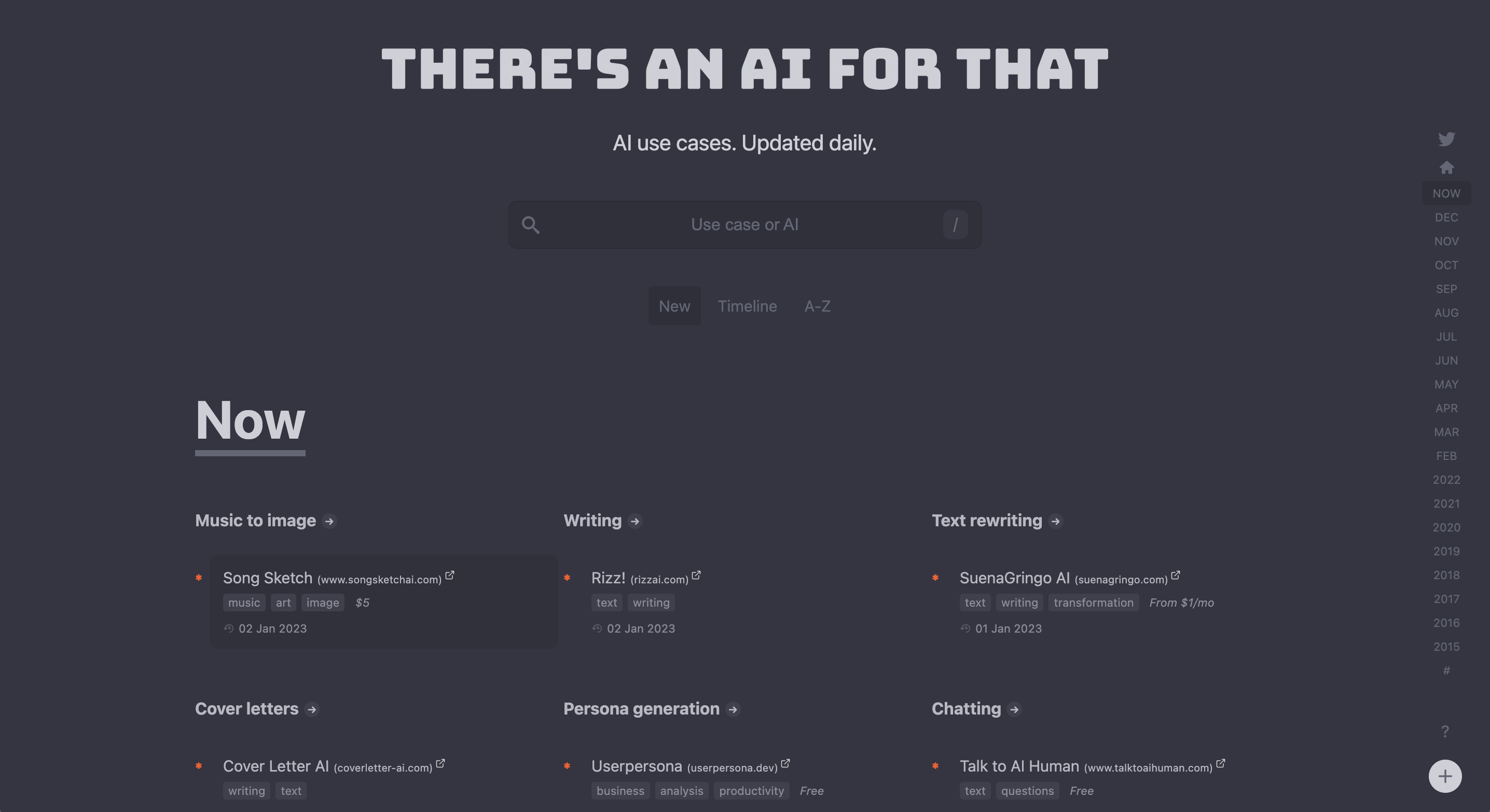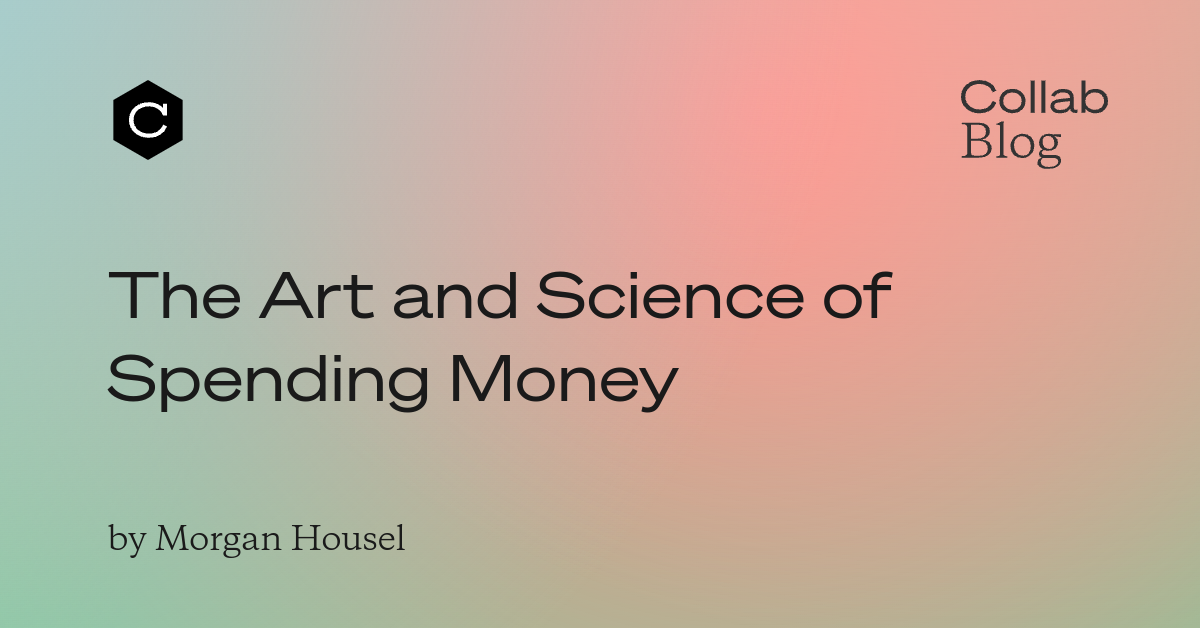- A life ordinary
- Posts
- A life ordinary by Amit Sarkar - Issue #28
A life ordinary by Amit Sarkar - Issue #28
Welcome to another edition of my newsletter.
Wanted to wish everyone a very happy Chinese New Year, the year of the rabbit.
I have been busy with a lot of things lately, as usual, 😄.
First up was applying for my Japanese tourist visa. We are travelling to Japan in March this year and hopefully, it will be a very exciting trip for us. The visa process was itself very simple, came in 5 days of the passport submission and cost only £6.00. When I had gone to central London to apply for the visa, I decided to work remotely from a cafe, Roasting Plant, and eat a bento box from Eat Tokyo. Both the coffee and the food were amazing.
Rinat and I also published our 60th episode. This episode is about ChatGPT and I hope you enjoy it.
I also updated my Linktree page. I call it the one page to rule all pages. It's a good way to create a landing page for your online presence. So if you want to learn how to create one, feel free to message me.
Since the beginning of this year, I also ran 31.05 kms already. I had to stop running for a bit this week as I caught a cold while running in 0ºC. Yes, it's been very cold again this week with temperatures reaching negative during the night.
I also watched Avatar: The Way of Water in 3D at Odeon's IMAX screen in Greenwich. I loved the special effects and the story. The focus on water and its animals was mesmerizing. People have given mixed reviews of it but I really enjoyed it.
Ate Pongal lunch with my friends at Tindli. The Pongal spread was yummy and Tindli keeps organizing such special occasion menus for a short period. Currently, they are having a biryani festival.
I would like to finish by recommending checking how much time has already passed since the start of 2023.
📝 Why do we need subtitles?
Have you ever watched a film on TV or in the cinema and wondered what did the character on screen just say? Did you wish there were subtitles shown throughout the film so it makes the experience more connective?
Well, Vox recently released the below video and it amazes me how bad the audio really is. It's not bad as in recorded badly but bad because we are not able to hear it clearly thanks to a loss in audio quality during downmixing.
I have experienced this while watching many films mentioned in the above video.
✒️ ChatGPT prompts
So we all have lately heard of ChatGPT but have you wondered what are all the possible ways it can help us? What can you really ask it and how should you structure your question to get a relevant response? Well, the link below just does that.
It helps you don the hat of many professionals and ask questions as if you are them.
Use a tool to augment your skills.
❓ A dilemma
Let's try to understand what AI is trying to do. It's trying to take the boring work and automate the process. It's trying to take the repetitive work and save us from boredom. It can solve a very specific problem and only that. Anything outside the scope of its model won't be well understood. So if you want to crack the AI, understand its model.
But the idea of this section is to understand who will ultimately benefit. Will humans lose their jobs and be left unemployed for eternity or will AI be there to help us along our journey in life?
If all the boring repetitive work is done by AI what would humans do?
The below article explores just that.
Once a task becomes automated, it also becomes largely commoditized and value is then created in an area that wasn’t quite obvious when people were busy doing more basic things. Go to an Apple store and you’ll notice two things: lots of automation and a sea of employees in blue shirts there to help, troubleshoot and explain things to you. Value doesn’t disappear, it just shifts to a different place.
An artificial intelligence can access all the information in the world, curate that information and present it to us in an understandable way, but it can’t understand why we should care about it.
And if you want to know what kind of tools people are developing in the field of AI then the below database might be able to help you.
💰 Spending money
How we save money is well taught but how we spend money is not that well observed. The article below shows an amazing side to people's spending behaviour.
How people invest their money tends to be hidden from view. But how they spend is far more visible, so what it shows about who you are can be even more insightful.
Key points from the article are listed below -
Your family background and past experiences heavily influence your spending preferences.
Entrapped by spending: Rather than using money to build a life, your life is built around money.
Frugality inertia: a lifetime of good savings habits can’t be transitioned to a spending phase.
An emotional attachment to large purchases, particularly a house.
The joy of spending can diminish as income rises because there’s less struggle, sacrifice, and sweat represented in purchases.
Asking $3 questions when $30,000 questions are all that matter.
Social aspiration spending: Trickle-down consumption patterns from one socioeconomic group to the next.
An underappreciation of the long-term cost of purchases, with too much emphasis on the initial price.
No one is impressed with your possessions as much as you are.
Not knowing what kind of spending will make you happy because you haven’t tried enough new and strange forms of spending.
The social signalling aspect of money, on both things you buy for yourself and charity given to others.
The social hierarchy of spending, positioning you against your peers.
Spending can be a representation of how hard you’ve worked and how much stress went into earning your paycheck.
Please read the whole article to understand the nuances of each point.
Thank you so much once again for reading my newsletter this week. Please feel free to Buy me a coffee if you are enjoying what I am sharing.
Until we meet again next week, stay really warm, stay fit and healthy and enjoy a wonderful start to the new year.



Reply